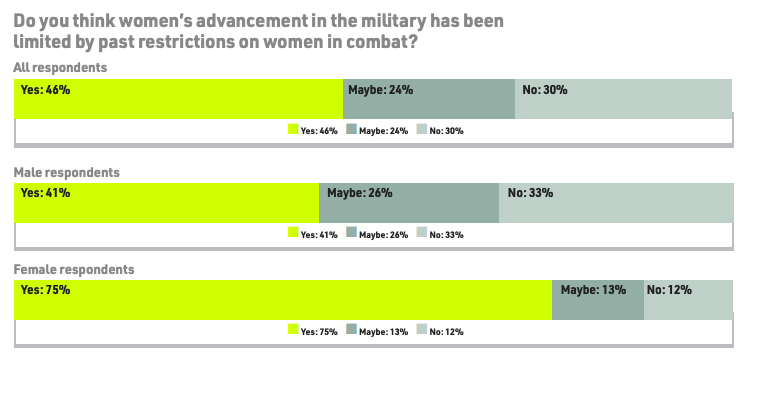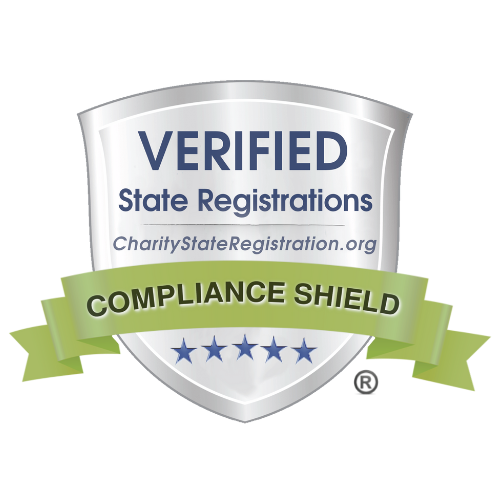IAVA | March 31, 2020
Read: My Experience as a Female Veteran
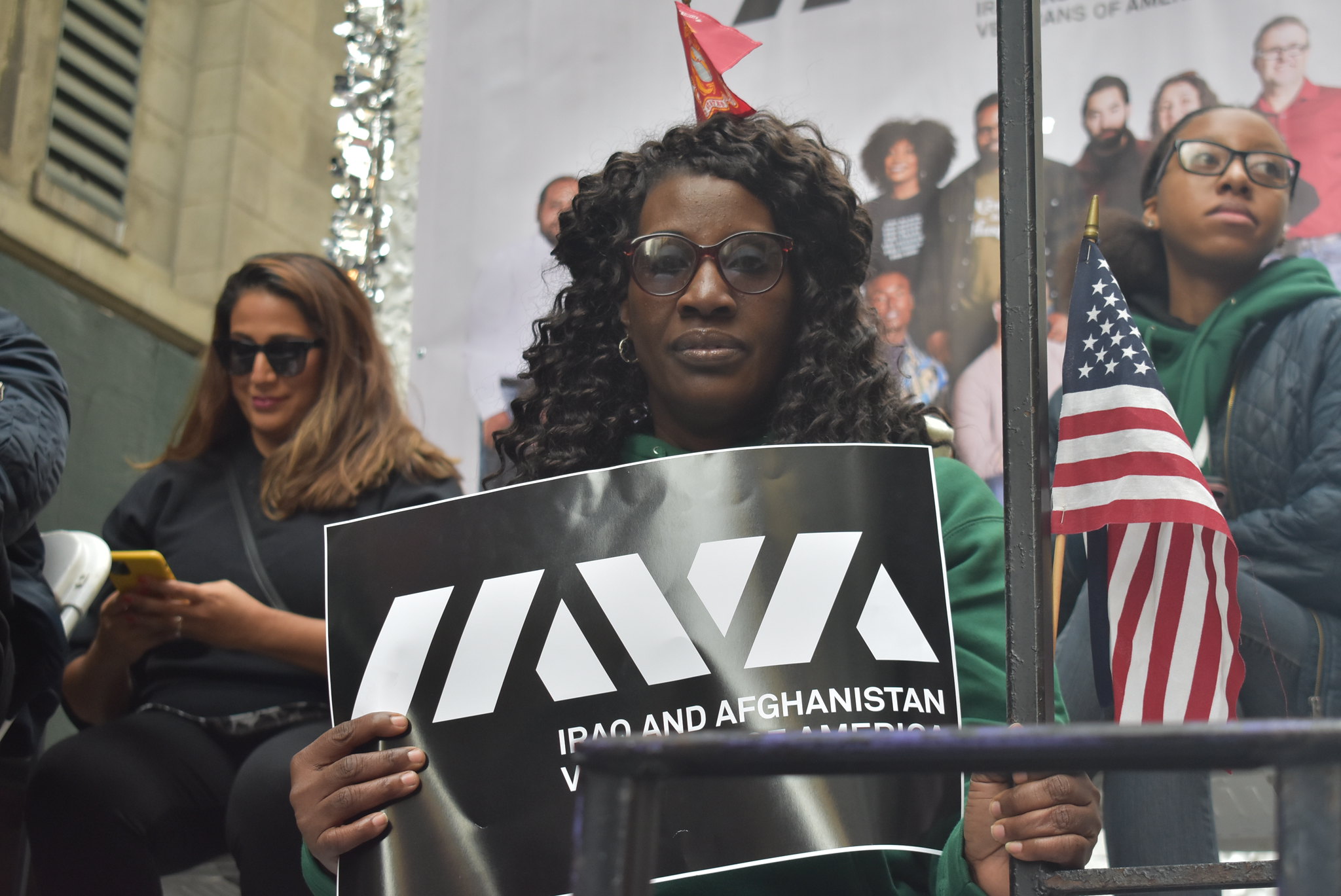
Cinthya Fana, Former IAVA Staff Member and Lifetime Member, shares insights about being a woman veteran.
As a woman who served in the Army, I initially did not feel different than my fellow male soldiers. Men and women were treated the same in my mind, except for the fact that I couldn’t “officially” hold a combat job. That was the norm, so I never saw it as something that would hinder my upward mobility within the ranks or something that would play a role in the way I would be treated once I left the military.
Many of the women I served with as a member of an infantry unit were crucial to the overall success of our unit. Before deploying, we would spend several months training leading up to those deployments, and we saw how each section of the unit worked in sync to accomplish the mission. From Human Resources Specialist, medics, IT, and supply specialists to those who volunteered for our Female Engagement Team (FET), we all had an important role to play.
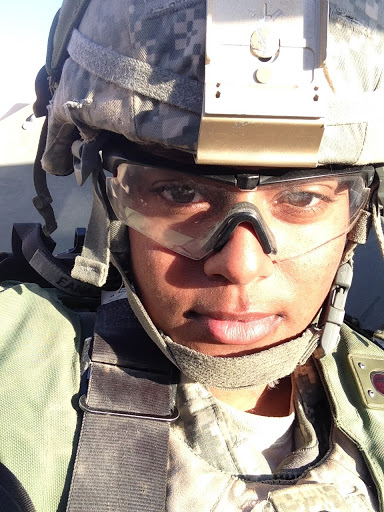
I felt equal and never thought my job was not important enough or that I wasn’t “badass” enough because I didn’t hold a combat job; I was told it was out of reach, so I believed it was (shame on me). Now that the military has opened combat jobs to women, I realize how much we needed this. I heard from fellow male Soldiers how much they disliked the idea of women joining the infantry world. Some of their reasons were: women’s monthly cycles, how we are not strong enough, or how we don’t have enough combat experience to do the job. On the other hand, I also heard positive comments from other men that were confident enough in their abilities to not be intimidated by women sharing the same jobs or being led by women.
After leaving the military, I did experience a few issues related to being a woman in the military. The overall culture around women veterans still has a long way to go, from the services women receive at the VA to the lack of recognition of women as “real” veterans.
According to IAVA’s latest member survey, 75% of female respondents feel that the advancement of women in the military has been limited by past restrictions on women in combat. With that said, it is known that women have made great contributions in male dominated combat jobs. An early example of women’s contributions in combat is Deborah Sampson, who disguised herself as a man to flight in The American Revolution. To this day, women get assigned to combat jobs and deploy with men in combat roles. Prior to the lift, in the Army, the FET got assigned to combat units and went out with the men to do operations that require women in order to get information from the local women of Afghanistan, among other operations.
Women have always played an important part in our military. With all that, only 35% of female survey respondents believe that lifting restrictions on women in combat has improved the public recognition of their military contributions. That is shocking to me. Whether that is how the public feels or not, that is how it is perceived by our women members.
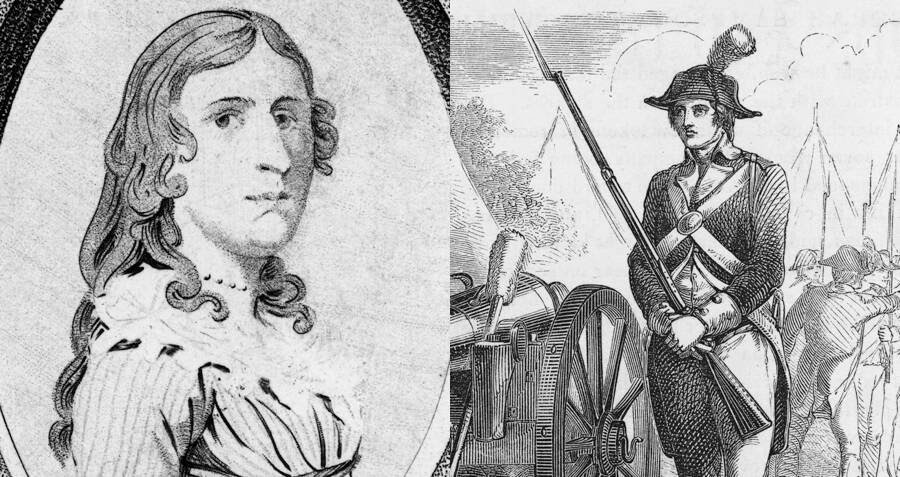
Deborah Sampson disguised herself as a man and joined The Continental Army in 1782.
There might be multiple reasons why women don’t feel the current culture maintained by the DoD or the VA is changing and that women are not taken seriously for their service after leaving the military. A personal experience while enrolling at the VA right after leaving the military is a great example of how some of us are treated at the VA and what we have to endure in order to get seen. After enrolling, I went to get my service connected injuries evaluated for a VA disability rating. I injured my knee while in the Army which caused me to get surgery and be unable to run. Although I received a diagnosis of arthritis while in the Army, the VA totally ignored it. I went to several orthopedic surgeons within 3 different VAs, and all of them refused to do anything but an x-ray; they all said that the x-ray will show the arthritis if I really had it.
In the end, the x-rays did not show that I had arthritis, and I was quickly dismissed with 10 bottles of 800mg of Ibuprofen— given to me all at once! I am no doctor, but when a patient tells you they are in constant pain and you ruled out a diagnosis, wouldn’t you want to try to find out what is wrong with your patient? Instead of dismissing them, basically calling them a liar? That’s when I decided to go see a private doctor (which many veterans don’t have the privilege of doing) and was finally able to get an MRI. The MRI showed that I had torn cartilage behind my knee cap which was causing the constant pain. It was so easy to get a diagnosis and get proper physical therapy and pain management. I am saying all this because I felt dismissed by the VA doctors. In my mind, they were calling me a liar thinking “how can a person that worked at a desk have any injuries?” The VA needs a major culture change when it comes to women veterans.
Then there is the VA motto. Every time I walk into the VA, I read “To care for him who shall have borne the battle and to his widow and his orphan.” With a large number of women leaving the military and joining the VA system, the VA motto is outdated and sexist, and it clearly sets the tone for how it is to walk into a VA as a woman, from the stares of older male veterans to blunt sexual harassment. Sexual harassment at the VA from my experience has ranged from a “harmless” “hello sweet heart” to one of the cleaning crew member saying “damn mami”, while he and I were in the elevator. I felt so unsafe and degraded, especially since I was getting my yearly woman checkup with a male OB doctor. Now, I don’t have an issue with male OBs, but after a VA worker just degraded me in the elevator, I didn’t want another VA worker to check me up. Again, the culture needs to change so that women like me don’t feel uncomfortable going to a very routine appointment.
I strongly support IAVA’s #SheWhoBorneTheBattle campaign. It is a great opportunity for the DoD and VA cultures to change, and it allows the narrative regarding women veterans to shift toward the respect we all need and deserve. Especially as more women continue to fill combat jobs and continue to sustain the same injuries as their male counterparts. It all starts by educating people that serve veterans at VA facilities and continuing to hire/train doctors to understand women veterans’ issues in particular. It’s having options for female OB-GYNs at every VA facility so that those that have suffered military sexual trauma can feel safe while getting routine check-ups. It’s unconscionable that a woman like me goes from getting sexually harassed in the streets of New York City to then being sexually harassed at the VA, a supposed safe space for veterans! We need to make changes ASAP. It is the right thing to do.

